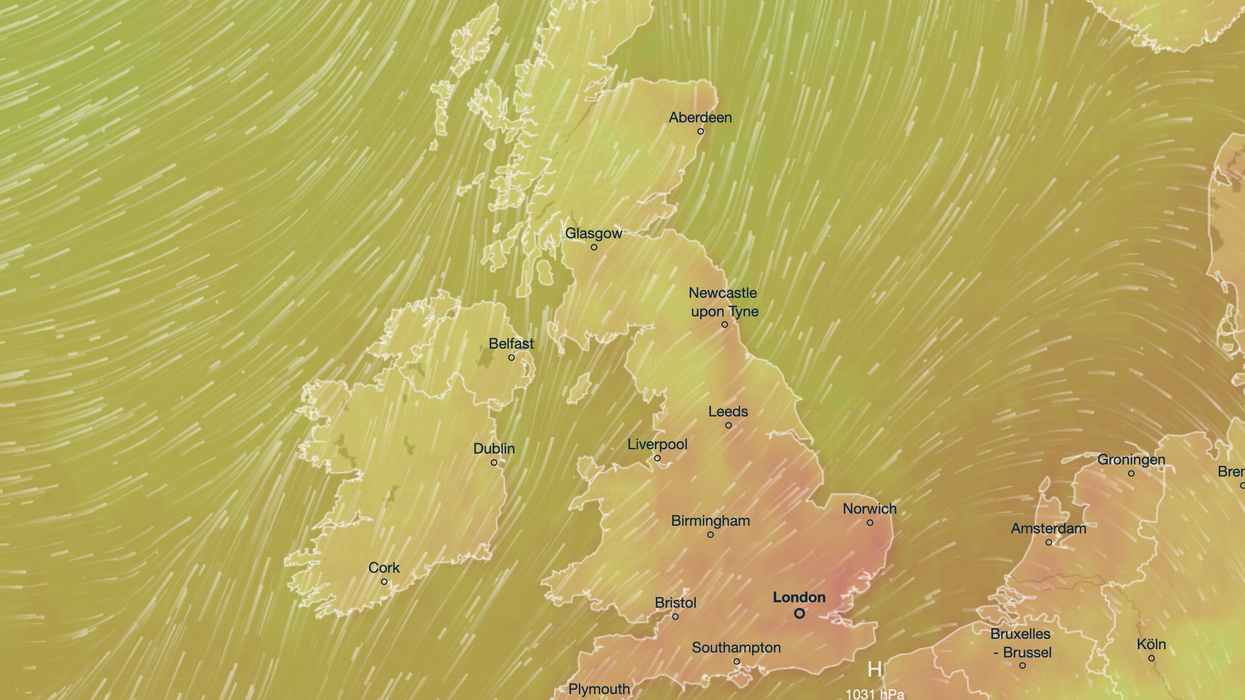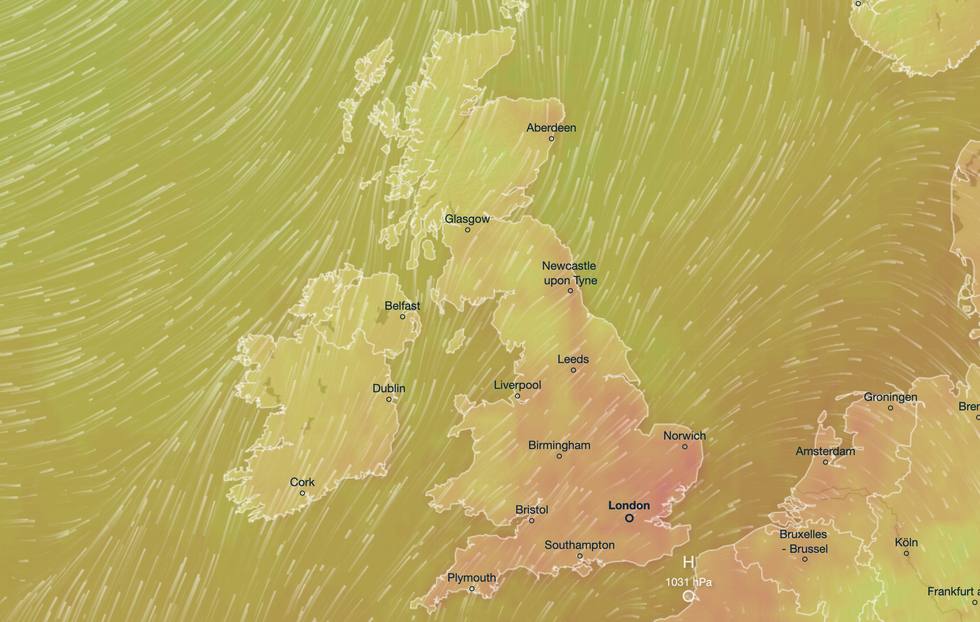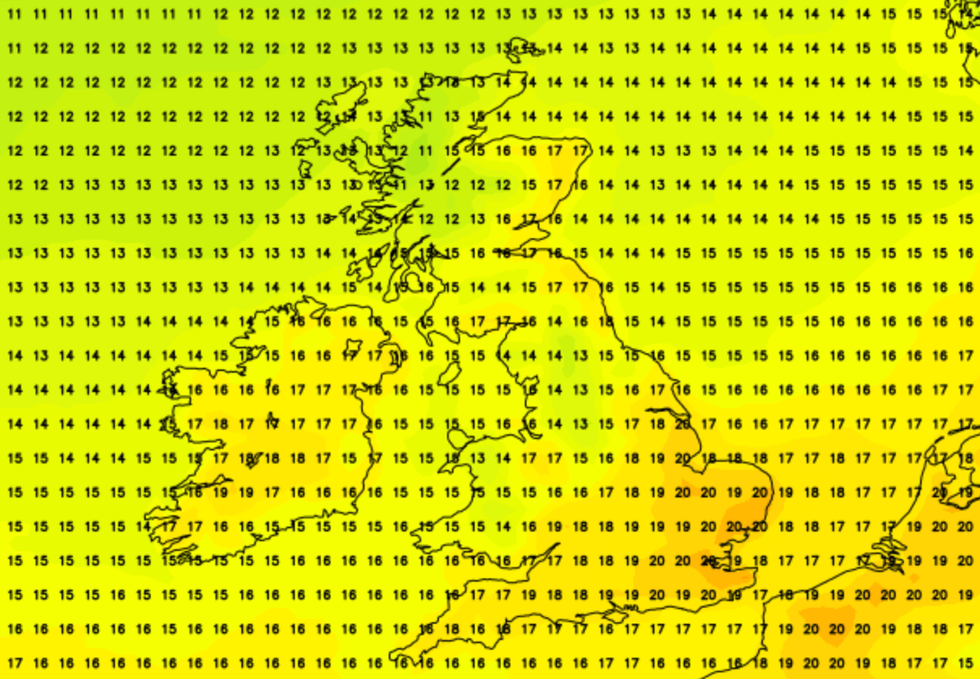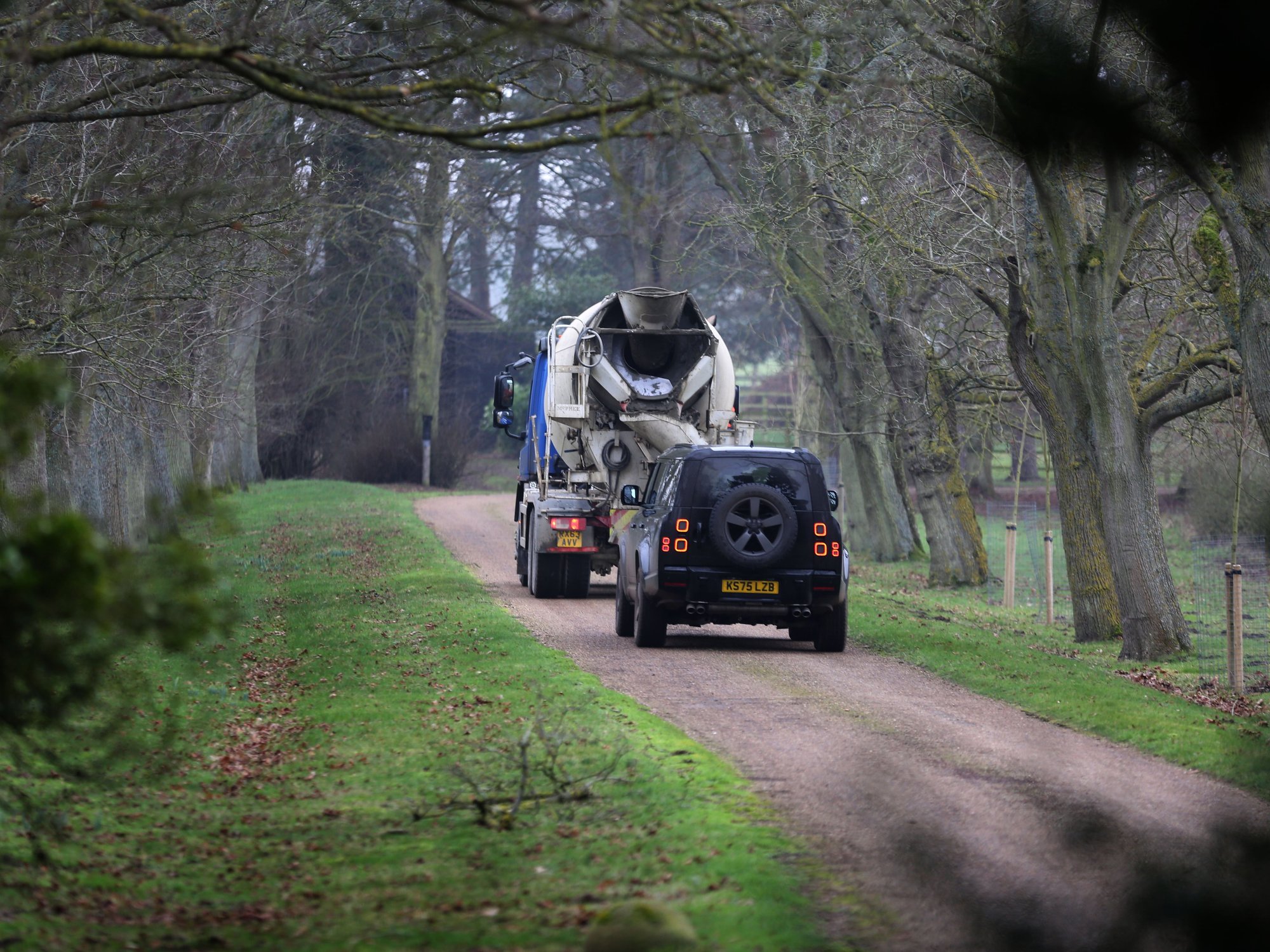UK weather: 'Anticyclone' to obliterate arctic air over Britain as warm temperatures return

An 'anticyclone' is set to destroy an arctic blast which has triggered a cold snap this week as a 'heat dome' brings 'strong September sunshine'
|Ventusky

A plume of hot air from the Mediterranean will cause temperatures to rise to 20C
Don't Miss
Most Read
An "anticyclone" is set to destroy an arctic blast which has triggered a cold snap this week as a "heat dome" brings "strong September sunshine".
A high-pressure "anticyclone" of dry, settled weather will become established across the south of England.
The large-scale weather system is set to bring dry and settled weather for much of England and Wales.
By Sunday, a plume of hot air from the Mediterranean will cause temperatures to rise to 20C.
 An 'anticyclone' is set to destroy an arctic blast which has triggered a cold snap this week as a 'heat dome' brings 'strong September sunshine' | Ventusky
An 'anticyclone' is set to destroy an arctic blast which has triggered a cold snap this week as a 'heat dome' brings 'strong September sunshine' | VentuskyForecasters say the cold front will move towards Scotland and Northern Ireland - triggering some rain.
A frontal system will bring cloud and some outbreaks of rain towards the north and west of the UK.
In south east England, very little rain is likely to strike.
Terry Scholey from Net Weather said: "On Saturday, a cold front works its way through Scotland and Northern Ireland, bringing further rain, followed by clearer skies and lighter breezes, making Sunday here the best day of the weekend.
LATEST DEVELOPMENTS:
- UK cold weather: Icy blast to sweep Britain with plunging temperatures in just weeks
- US weather forecast: Catastrophic tornado-spawning whirlwinds to smash into America as 90mph Hurricane Francine sparks state of emergency
- UK weather: Britain braced for mini ‘winter’ burst as cold snap brings sub-zero chills
"By then, our cold front, by now a weak feature, will be ensconced across northern England, giving a band of cloud and some light patchy rain.
"But further South, it should stay dry, fine, and steadily become warmer, as temperatures return to the low twenties Celsius early next week in warm September sunshine."
The warm weather is expected to continue into next week due to a ridge of high pressure.
Met Office forecasters suggest that conditions look set to be dry and warmer for many.

By Sunday, a plume of hot air from the Mediterranean will cause temperatures to rise to 20C
|Net Weather
David Oliver is a Deputy Chief Meteorologist at the Met Office and said: "In the wake of the front on Sunday, high pressure then builds, bringing fine and dry conditions to most parts of the UK for much of next week.
"If any rain develops it is expected to be confined to the extreme northwest of Scotland on Monday and Tuesday.
"There is a risk of some fog patches overnight and temperatures continue to increase, with many places a little above average by mid-week."










